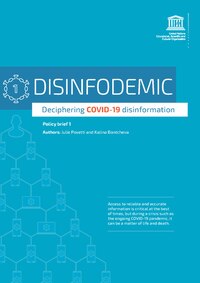
Photo from wikipedia
Objective The aim of this study was to describe an innovative methodology of a registry development, constantly updated for the scientific assessment and analysis of the health status of the… Click to show full abstract
Objective The aim of this study was to describe an innovative methodology of a registry development, constantly updated for the scientific assessment and analysis of the health status of the population with COVID-19. Study Design and Setting A methodological study design to develop a multi-site, Living COVID-19 Registry of COVID-19 patients admitted in Fondazione Don Gnocchi centres started in March 2020. Results The integration of the living systematic reviews and focus group methodologies led to a development of a registry which includes 520 fields filled in for 748 COVID-19 patients recruited from 17 Fondazione Don Gnocchi centres. The result is an evidence and experience-based registry, according to the evolution of a new pathology which was not known before outbreak of March 2020 and with the aim of building knowledge to provide a better quality of care for COVID-19 patients. Conclusion A Living COVID-19 Registry is an open, living and up to date access to large-scale patient-level data sets that could help identifying important factors and modulating variable for recognising risk profiles and predicting treatment success in COVID-19 patients hospitalized. This innovative methodology might be used for other registries, to be sure which the data collected is an appropriate means of accomplishing the scientific objectives planned. Clinical trial registration number not applicable What's new The integration between evidence synthesis and expert opinion is the core of Evidence-Based Clinical Practice, but it could be considered as a novelty for the development of a registry, in which the main aim is to collect appropriate date to achieve scientific purposes. The living systematic review integrated with the focus group discussion allowed us to keep constantly updated whether prospective data collection through the registry was an appropriate means of accomplishing the scientific assessment and analysis of the health status of the population with COVID-19, improving the data quality in terms of accuracy, consistency, completeness and correctness and consequently, the quality of the registry itself.
Journal Title: Journal of Clinical Epidemiology
Year Published: 2021
Link to full text (if available)
Share on Social Media: Sign Up to like & get
recommendations!